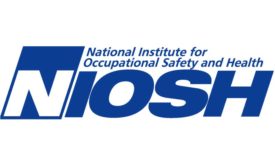News
After the blast: China to review safety of hazmat facilities
21 firefighters among the 114 dead; more missing
August 18, 2015
20 Ohio county employees report upper respiratory illness
Authorities investigating "sick building syndrome"
August 17, 2015
No beards!
OSHA cites firm for workers with facial hair wearing respirators
August 14, 2015
Never miss the latest news and trends driving the safety industry
eNewsletter | Website | eMagazine
JOIN TODAYCopyright ©2024. All Rights Reserved BNP Media.
Design, CMS, Hosting & Web Development :: ePublishing






